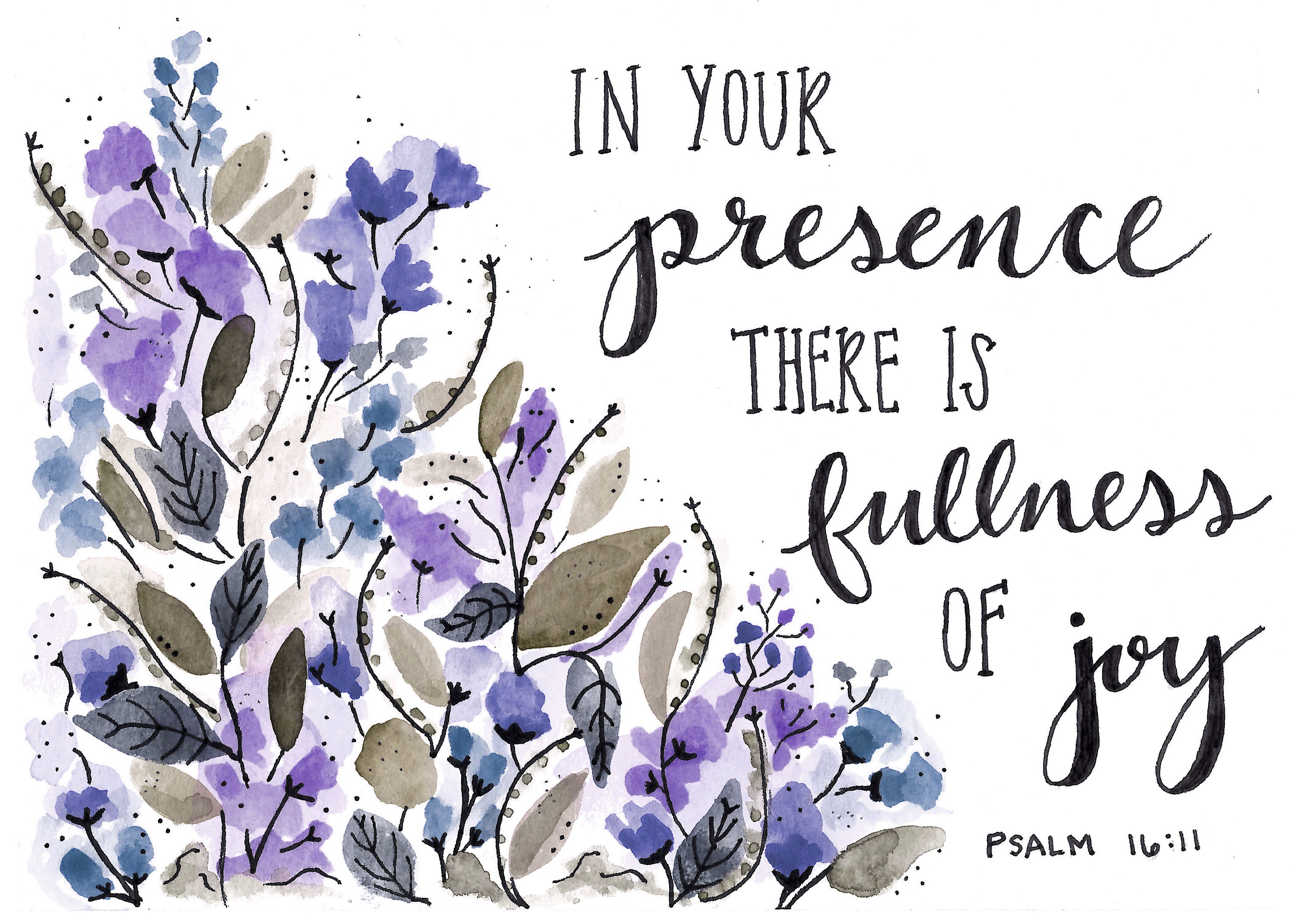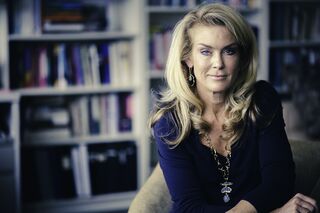JOY
Joy is a core human experience, but we often don't understand the true depth of its meaning in our lives.

GlobalCnet links to the original thought, research, new ideas, and found expert advice. We have assembled extensive information and facts to inspire YOU to further your education, skills, and desires in your specific subjects. When you click on a blue link, you arrive at a website, do your research, and observe all the other articles available to you. Record what you need. Share what you learned.
GlobalCnet connected you to make better-informed decisions.
This is a teaching and informative Website again, presenting original authors, like Harvard University, MedNet, Unstuck.com, Readers Digest, Mental Health, and documents from millions of websites that were written, published, and illustrated with specific content to expand your knowledge for personal growth, health, and answers. All this WWW content was meant for your reading and answers,
GlobalCnet just connected you.
We hope you use all the information for further answers, ideas for more exploration, and the wisdom to share discoveries with others. It is all about having the right fast or safe connections. Everything has already been discovered, be smart, use proven methods, and spin your solutions to fit your needs.
If you have any questions or comments or just to say hello...leave webmail.
Quick links to information and new ideas. click here.
OK...you are now on GlobalCnet. You can use the SEARCH BAR to find subject information quickly or all the pages. Your visit will award an organized starting point leading to answers to your challenge.......just do it. Type in a word and hit search.
- Michael J. Malette, PhD
Founder, Global Connection Networks, Inc.
What Is Joy and What Does It Say About Us?
An interview with Dr. Pamela King on the meaning and depth of joy.

What is joy?
It is not mere happiness, but it is also not devoid of it. Joy is a core human experience, but we often don't understand the true depth of its meaning in our lives.
Through her research, Pamela Ebstyne King, Ph.D., has sought to understand joy.
She is the Peter L. Benson Associate Professor of Applied Developmental Science at the Thrive Center for Human Development in the School of Psychology at Fuller Theological Seminary.
Her primary academic interests focus on the intersection of human thriving, moral, and spiritual development.
King is coauthor of The Reciprocating Self: Human Development in Theological Perspective, and co-editor of The Handbook of Spiritual Development in Childhood and Adolescence. Her research has been published in various journals such as Developmental Psychology, Psychology of Religion and Spirituality, Applied Developmental Science, Journal of Research on Adolescence, Journal of Positive Psychology, and The Journal of Psychology and Theology. She is an ordained minister in the Presbyterian Church, USA.
This is Part 1 of a two-part interview with Dr. Pamela King; you can find Part 2 of this series, along with all other Hope + Resilience posts, here.
Jamie Aten: How did you first get interested in this topic?
Pamela Ebstyne King: Pre-COVID 19, the phrase, “the pursuit of happiness,” captured many Americans’ aim in life.
Who doesn’t want to be happy?
Who doesn’t want their children to be happy?
That said, through my research in the last two decades on human thriving, I have noticed that happiness can be a fleeting feeling that might accompany a slice of pizza and passes as soon as I digest it!
As a developmental psychologist, I have interviewed and studied exemplary and ordinary lives.
I have observed that many people have an enduring and underlying sense of something that is deeper than the emotion of happiness, and I have come to describe this as joy.
In my study of joy, I have also noticed that joy is more complex than a feeling or an emotion.
It is something one can practice, cultivate, or make a habit.
Consequently, I suggest that joy is most fully understood as a virtue that involves our thoughts, feelings, and actions in response to what matters most in our lives.
Thus, joy is an enduring, deep delight in what holds the most significance.
JA: What was the focus of your study?
PEK: Given that joy has been grossly overlooked by psychologists, this was not a typical research project of collecting and analyzing data.
My intention was to define joy and propose a framework for future research.
The fact that joy is understudied is surprising.
It’s a core part of being human.
We have all experienced joy—both the overwhelming and animating experiences of joy that may surprise and overtake us and the calm, and the enduring joy, that sustains us.
Generally, we want more of it. We’ve all yelped, shouted, or smiled in delight upon hearing good news about our health or the health of a loved one, finding a lost, precious object, or accomplishing something meaningful.
These experiences bring life meaning and continue to motivate and direct us.
That said, there have been no real clear theories or research that explain what prompts this kind of deep joy, nor have we had a framework for distinguishing joy from delight, fun, happiness, or thrill.
Most people associate joy with goodness—good experiences, relationships, or objects.
But what qualifies as the kind of “good” that produces life-altering, enduring joy?
JA: What did you discover in your study?
PEK: A helpful way of thinking about joy is understanding what matters most in human life.
Reviewing philosophical, theological, and psychological approaches, I identified three areas that deeply inform joy.
They are (1) growing in authenticity and living more into one’s strengths,
(2) growing in depth of relationships and contributing to others,
and (3) living more aligned with one’s ethical and spiritual ideals.
I hypothesize that the more one is able to live a strength-based life, reciprocate relationships with others, and live with moral coherency, the more joy one will experience in life.
This suggests that joy is not just an individual pursuit, but one that deeply involves our connections with others.
We can discover and experience joy in a variety of ways—doing those things we love to do, growing in intimacy or providing for others, and clarifying and coherently pursuing our values.
When these domains of the self, others, and values overlap, that is perhaps when we experience the most joy.
JA: Is there anything that surprised you in your findings, or that you weren't fully expecting?
PEK: Joy is really complex!
This work helped me realize how joy and sorrow are deeply connected.
Both are a response to those things that matter most.
Joy is our delight when we experience, celebrate, and anticipate the manifestation of those things we hold with the most significance—like birth or graduation.
Sorrow is our response to the violation, destruction, or deterioration of such sacred things.
This perspective helps us understand why the loss of human life due to the COVID-19 pandemic and the devaluing of human life evident in structural racism leaves many grieving and in such profound sorrow.
However, this complexity also informs how we can experience joy and sorrow at the same time, how true joy is tied to our potential to grow as an individual and relate and give to others, and how our values can endure in the face of loss and suffering.
The trick is to stay connected to those things that deeply matter in the face of adversity and loss.
How to Find Joy in Your Everyday Life (Even When Life Feels Awful)
There's still hope, and these simple tactics will help you find it again.
Lots of people confuse joy with happiness, and although they are closely related and often occur simultaneously, these feel-good emotions aren't synonymous.
Happiness is an emotion that brings bursts of intense pleasure, excitement, and satisfaction, while joyfulness is a stronger, longer-term state that results in feelings of inner peace and contentment.
Look for meaning.
While the events of 2020 sure make it hard, think about what you can learn from tough circumstances. "If you're having a difficult time with this global pandemic, try to find something meaningful about it," says Sandy Marantz, L.C.S.W., Ph.D., of Westmed Medical Group in Yonkers, N.Y. Maybe you've realized you actually like spending more time with your family and don't want to go back to an office five days a week.
Understanding what quarantine has taught you can make the harder days more worthwhile.
Think small picture.
If scrolling through Instagram leaves you wondering why you didn't marry a banker like your college friend who now lives in a "house" the size of a palace, Brian Wind, Ph.D., and Chief Clinical Executive at JourneyPure, says to zoom way in, like hour-to-hour.
What could bring you joy today?
"It can be easier to attain than 'a lifetime of happiness,'" he says.
"Ultimately, all of those little moments will build up to create joy."
You know what won't? Superficial things, even palatial homes.
Straighten out your spiral.
When we're upset, we have a tendency to think about everything else going wrong in our lives and spin out.
So, Damico recommends being more intentional about remembering what you do have—even if it's as foundational as the legs that let you stand upright.
And it doesn't have to mean starting a gratitude journal if that feels cheesy to you: "Choose something you do every day, like brushing your teeth or waiting for the coffee to brew, and use that time to reflect on what you are grateful for during that moment."
It comes down to this quote she likes, by David Steindl-Rast: "It is not joy that makes us grateful. It is gratefulness that makes us joyful."
Make room for a passion.
If your day is full of responsibilities, consider how you can carve out even 15 minutes for an activity you're passionate about—whether it's sewing masks for healthcare workers or reading a new book with your kid.
"Your joy comes from what you feel passionate about, and your passion is your purpose," says licensed therapist and radio host Jaime Bronstein.
"Finding joy in life leads you to understand why you are here, and what causes your life to be sustainable, meaningful, and purposeful."
5
Set a goal outside of your comfort zone.
Every day feeling like more of the same?
You need something that excites you.
Talley encourages working toward a new goal that feels interesting, meaningful, and challenging—something that takes you out of your status quo—like running a half marathon, even if it's virtual. "This will not only bring enhanced joy on a frequent basis, but upon succeeding at your goal, you will experience a sublime sense of joy, the memory of which will also bring joy," he says.
6
Be present.
We're usually either thinking about the past or planning for the future—but neither mindset will bring you joy.
"Finding joy can only truly exist in the now," says William Schroeder, licensed professional counselor and director of Just Mind Counseling.
He says replaying the past or anticipating the future denies us the connection to our own reality and can cause a great deal of pain.
"If you can learn to exist in the now, then you will free yourself from pain connected to the past or future," he says. Now that's a nice thought.
Confront your past.
Ruminating about a past work mistake is one thing—but it may be that you're suffering from a trauma that requires more attention.
Negative experiences and pain from the past can create barriers to accessing joy, Bronstein says. "Doing the work to get beyond those barriers is hard, but it's worth it," she says.
So, give yourself permission to find a good therapist or counselor.
"By healing the past, evolving, growing, and thriving, you can live life from your true self—fully in your joy."
8
Choose authenticity.
It's easy to get wrapped up in the performative nature of social media.
Ask yourself: Are you living to please others—or are you living as you genuinely want to be? Choosing your authentic self will help you achieve joy, Bronstein says.
"Joy is our organic state, but life happens and we forget what it feels like," she explains. "Joy is always there underneath those barriers."
9
Volunteer.
You know the phrase that always pops up around the holidays, It's better to give than to receive? Annalisa Smithson, M.A., ME.d., a therapist at Animal-Assisted Therapy, LLC, says doing good for others really does have a positive effect on our mental health. In one recent study, one group practiced "prosocial behavior" (acts of kindness) whereas another prioritized self-oriented habit for four weeks. The result?
Acts of kindness led to higher levels of psychological well-being and positive emotions.
Re-connect with nature.
Getting outside is crucial to finding joy, Smithson says. A study published in Landscape and Urban Planning compared participants' moods after walking through nature versus those who walked through a city setting and found that the former experienced less anxiety, rumination, and negative effects overall.
They also experienced more positive emotions and performed better on memory tasks.
Make opportunities for laughter.
When someone around you is belly laughing, there's a 90% chance it'll bring a smile to your face as well. "Laughter is contagious, and so is joy," says Leela R. Magavi, M.D., regional medical director of Community Psychiatry.
Aside from being an obvious form of fun, there are so many health benefits to a good LOL.
"When we laugh, we release endorphins into our body that can offer natural pain relief.
" Laughter also reduces stress and boosts our immune system, says Paula Wilbourne, Ph.D., co-founder and chief scientific officer of Sibly.
12
Seek out positive people.
Your sour mood may be because you're spending too much time around pessimists.
"When we're around happy people, we tend to feel happier ourselves," says Nicole Arzt, L.M.F.T., who serves on the advisory board for Family Enthusiast.
If you've noticed you're mostly bonding with people while venting, consider deepening relationships with those who can reframe things more positively (without ignoring your feelings, of course).
Eventually, it may pay off in dividends.
"Happy people are more inclined to create strong social connections," Mahalli adds.
Currently an assistant editor at Prevention.com, Nicol is a Manhattan-based journalist who specializes in health, wellness, beauty, fashion, business, and lifestyle. Her work has appeared in Women’s Health, Good Housekeeping, Woman’s Day, Houston Chronicle, Business Insider, INSIDER, Everyday Health, and more. When Nicol isn't writing, she loves trying new workout classes, testing out the latest face mask, and traveling. Follow her on Instagram for the latest on health, wellness, and lifestyle.









